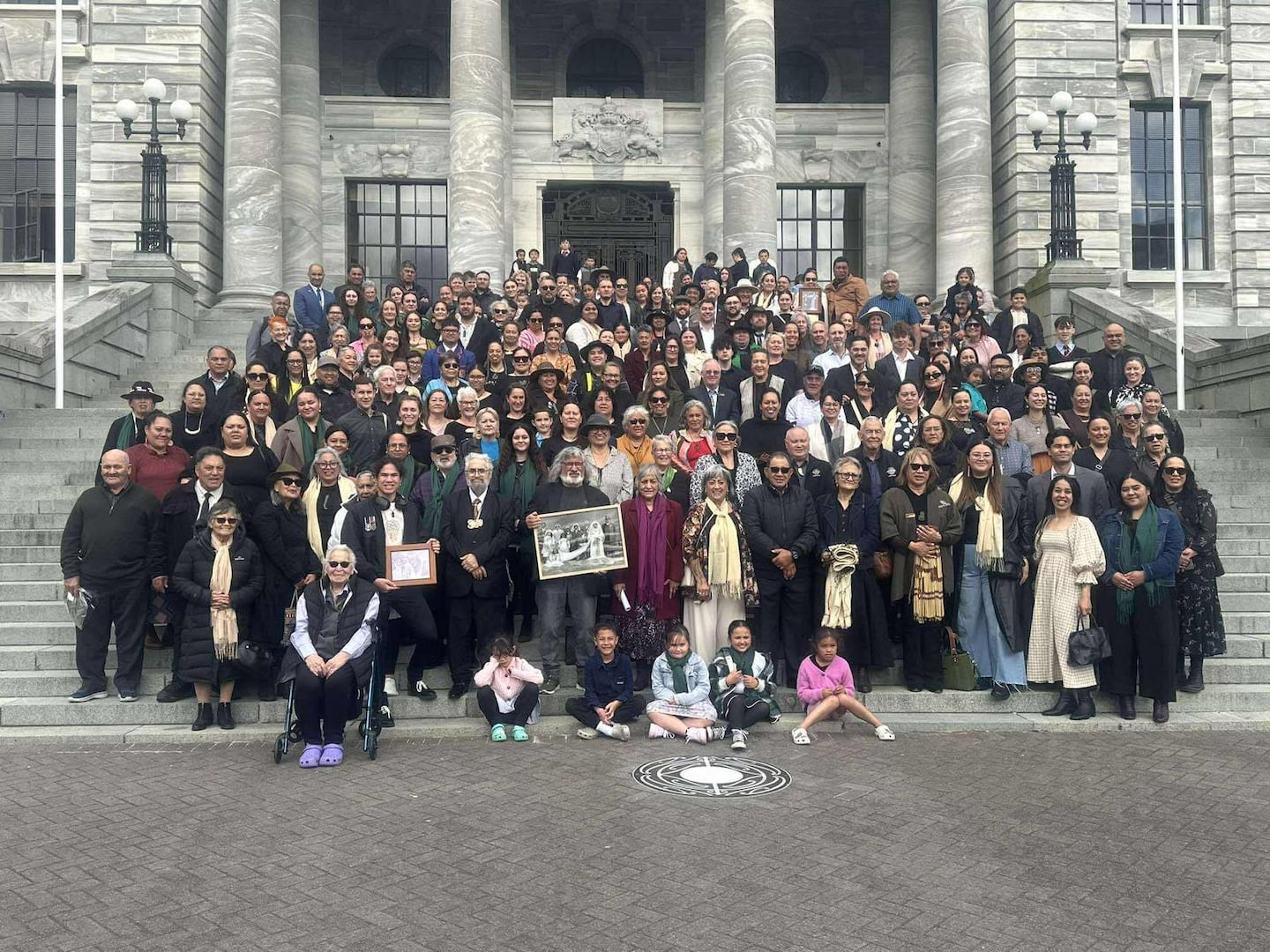The Crown and Mōkai Pātea have reached an Agreement in Principle to settle the iwi confederation’s historical Treaty of Waitangi claims – a milestone more than 30 years in the making.
The confederation, known as Mōkai Pātea Nui Tonu, represents the hapū and iwi of Ngāi Te Ohuake, Ngāti Hauiti, Ngāti Tamakōpiri and Ngāti Whitikaupeka, whose rohe stretches across the inland plateau from the south-eastern slopes of Ruapehu toward the Ruahine Ranges and Marton.
Treaty Negotiations Minister Paul Goldsmith said the agreement marks a “significant milestone” as work now moves toward finalising a comprehensive deed of settlement.
“This is a significant milestone in the settlement process for Mōkai Pātea, since they submitted their first claims over 30 years ago,” Goldsmith said.
The redress package aims to help Mōkai Pātea build a foundation for long-term economic and social development and to fulfil the aspirations of their people.”
Under the Agreement in Principle, the iwi collective will receive $55 million in financial and commercial redress, along with the return of 20 culturally significant sites and further measures still to be negotiated in detail.

Goldsmith noted the Crown’s acknowledgement of the severe land loss suffered across the region.
“The Crown acknowledges that as a result of its acts and omissions, the hapū and iwi of Mōkai Pātea are virtually landless with a very high proportion of the remaining land… landlocked and inaccessible. The sacrifices Mōkai Pātea have made have been for the nation’s benefit.”
Mōkai Pātea’s claims have been heard over several years in the Taihape: - Rangitīkei ki Rangipō Inquiry, where the Waitangi Tribunal found the Crown failed to protect the iwi’s land interests during the 19th and early 20th centuries.
Large-scale land purchases, the Native Land Court process, infrastructure development and military pressures left many whānau dispossessed, with remaining blocks fragmented, landlocked, or converted into Crown forest and pastoral lease land.
The iwi have long argued the economic and social impact of these losses continues to be felt today, including population displacement and barriers to sustaining marae and cultural identity.
While today’s signing does not conclude the settlement, it sets the framework for final negotiations, including cultural redress, governance arrangements, and Crown apology wording.
The Crown says negotiations toward a final Deed of Settlement will now begin.
A copy of the Agreement in Principle can be accessed via Te Tari Whakatau.




